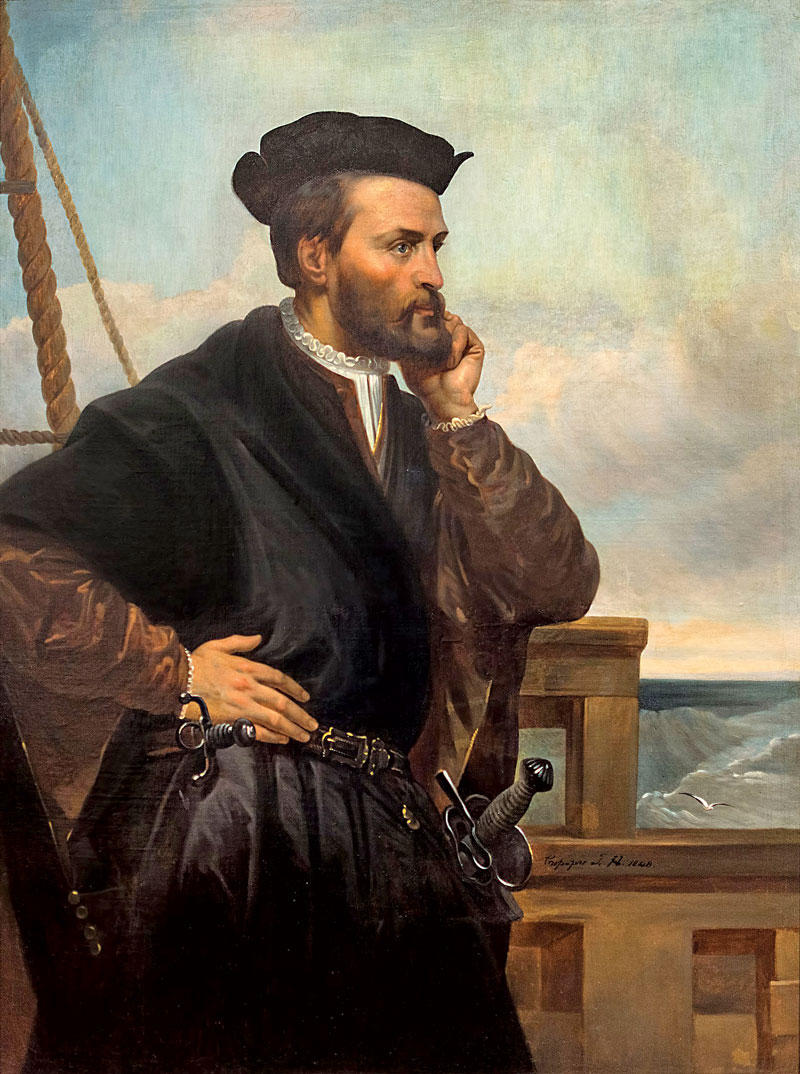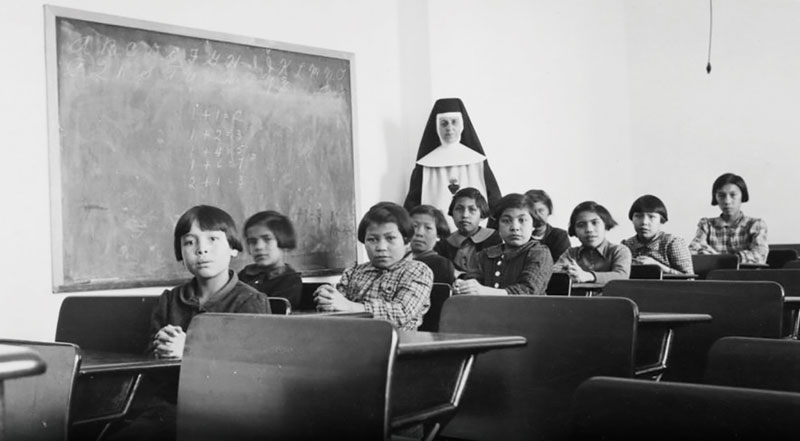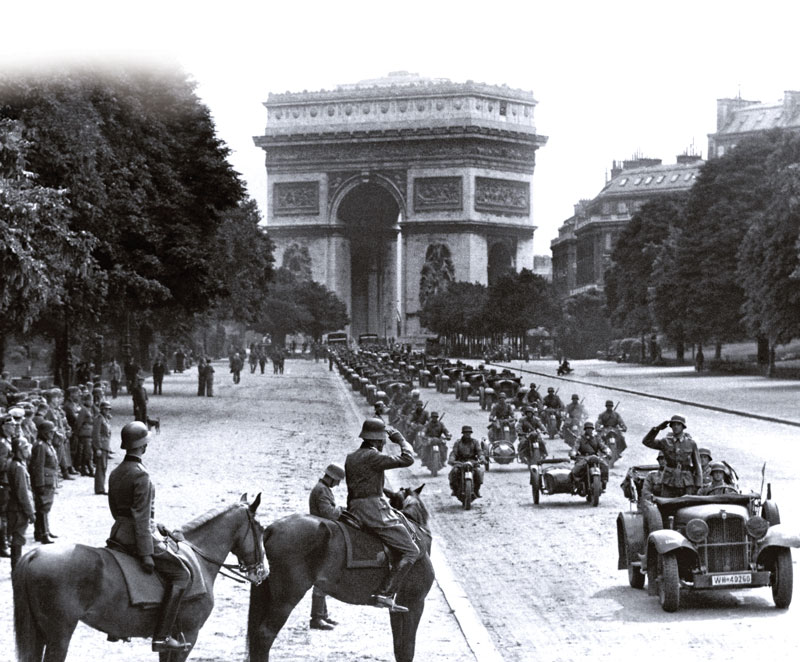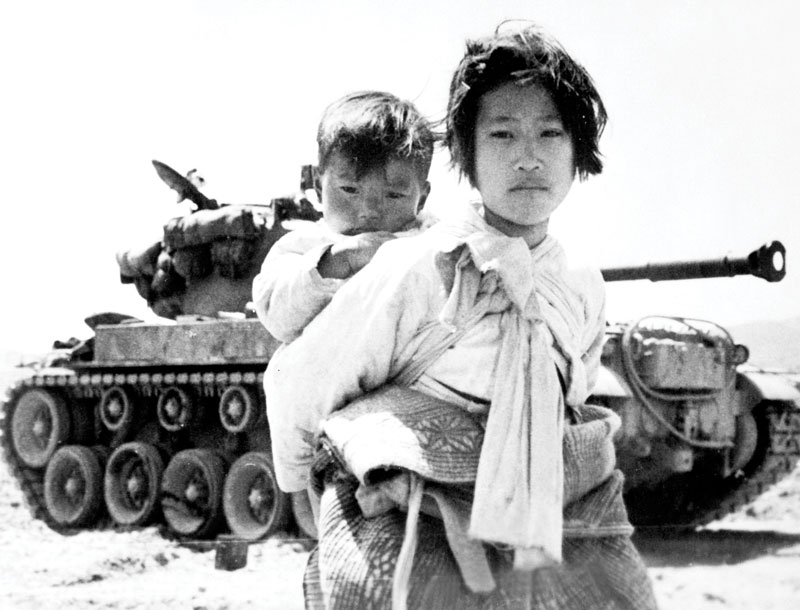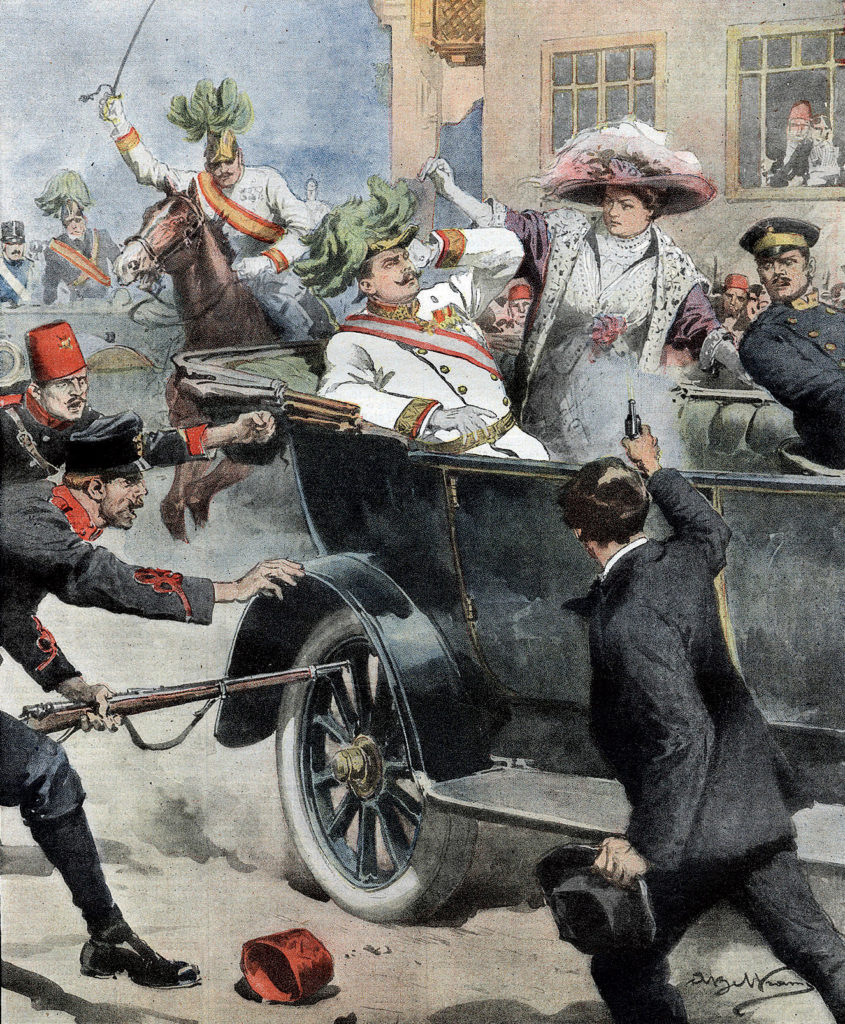2 June 1917
Billy Bishop launches a solo attack on a German aerodrome and is later awarded the Victoria Cross.
4 June 1989
The Tiananmen Square protests end with the massacre of civilians by the Chinese military.
6 June 1813
The British defeat American forces at the Battle of Stoney Creek.
7 June 1944
Members of the Waffen-SS execute 18 Canadian prisoners of war in the Abbaye d’Ardenne massacre.
9 June 1534
Jacques Cartier sails into the St. Lawrence River for the first time.
10 June 1957
John Diefenbaker leads his party to victory in the federal election, ending 22 straight years of Liberal rule in one of the greatest political upsets in Canadian history.
11 June 2008
Prime Minister Stephen Harper issues an official apology to Indigenous Peoples for cruelties inflicted in the residential school system.
12 June 1942
Anne Frank receives a diary as a present on her 13th birthday.
13 June 1898
The Yukon Territory enters Confederation.
14 June 1940
German forces take and occupy Paris.
15 June 1944
Tommy Douglas leads the Co-operative Commonwealth Federation to victory in the 1944 Saskatchewan general election, the first socialist government in North America.
17 June 1919
Ten prominent labour leaders are arrested during the Winnipeg General Strike (also see page 88).
18 June 1812
U.S. President James Madison signs a resolution declaring war on Britain, igniting the War of 1812.
19 June 1816
The Battle of Seven Oaks breaks out between members of the Hudson’s Bay Company and the North West Company; the latter is victorious.
20 June 1963
Following nuclear tensions amid the Cuban Missile Crisis, the Soviet and American governments agree to develop the “red telephone” hotline to facilitate faster communication.
25 June 1950
The Korean War begins as Kim Il-Sung’s forces invade South Korea.
28 June 1914
Archduke Franz Ferdinand of Austria is assassinated in Sarajevo, igniting the First World War.
Advertisement













